Despite anti-gay rhetoric being on the rise in the United States and other countries across the globe, there is a great deal of reassurance regarding LGBTQ rights in Spain. For people who ask, “is Spain gay-friendly?” The answer is a resounding yes. According to IGLA-Europe, Spain has a rating of 60% in terms of overall LGBTQ rights, and it sits at position 12 amongst the most gay-friendly countries in Europe.
Regarding gay marriage, Spain has had marriage equality and the right for LGBTQ couples to adopt children on the books since 2005. Gay, lesbian, bisexual, and transgender people are also able to serve in the military. For these reasons and more, Spain remains an ideal destination for LGBTQ tourists to visit.
Compared to other countries, Spain's track record of inclusiveness is very impressive. According to countries studied by the Pew Research Center, Spain was rated first in terms of acceptance of homosexuality, with an overwhelming 88% of the population in support of homosexuality and only 11% against it. Gay cities in Spain including Madrid and Barcelona, have strong LGBTQ communities and are very welcoming towards gay and lesbian travelers.
LGBTQ rights in Spain aren't necessarily a recent occurrence. Under numerous governments and cultural changes, same-sex marriage and other rights would be either allowed or condemned from the time of the Roman Empire up until recently. In 1975, under the Kingdom of Spain, same-sex intercourse was legalized once more, with registration for same-sex couples in the country’s 17 autonomous communities beginning in 1986.
So is Spain gay-friendly? Yes, it is. Madrid, the nation's capital, much like the rest of the country, has held onto its status as a go-to destination for LGBTQ travelers for over 40 years. Regarding gay marriage, Spain was the third country in the world after the Netherlands and Belgium to legalize same-sex marriage. Trans rights in Spain have been recognized since 2006 when a law was passed allowing transgender people to register under their preferred gender on public records and documents including birth certificates, identity cards, and passports without undergoing prior gender reassignment surgery.
Following the events of Stonewall, many cities around the world began to observe Gay Pride. However, under the regime of Francisco Franco, the news of Stonewall was not widely publicized. In 1977, eight years after the events of Stonewall, and two years after the death of Francisco Franco, the first Barcelona Pride was held. This was followed in 1978 by the first Madrid Pride. Today gay cities in Spain include Madrid and Barcelona, both of which have very active Gay Pride festivals. So is Madrid gay-friendly? With over a million and a half people attending Gay Pride each year, we would certainly say so!
However, it is not just Barcelona and Madrid which make Spain gay-friendly. Other gay-friendly cities in Spain include Valencia, Torremolinos, and of course the sunny seaside town of Sitges, which is just a 30-minute train ride from Barcelona. Sitges hosts an impressive pride each year in June, while Torremolinos is home to the popular Delice Dream parties including Gay Spring Break in April. Beyond the mainland, there is also plenty of LGBTQ life on Ibiza and Gran Canaria, with gay and lesbian travelers flocking to these island paradises for LGBTQ events including Maspalomas Pride and Ibiza Pride.
Today gay rights in Spain are an accepted part of life, with some exceptions. While many cities and counties support gay rights in Spain, smaller towns and villages can sometimes be a little more reluctant to support gay or trans rights in Spain quite as readily. Fortunately, there are plenty of misterb&b listings in many locations around the country, which makes it all the more vital to explore and support the local community and all it has to offer.
/location_photos/data/13524/original/espagne-1600x600-min-1538386872.jpg)
 by
by










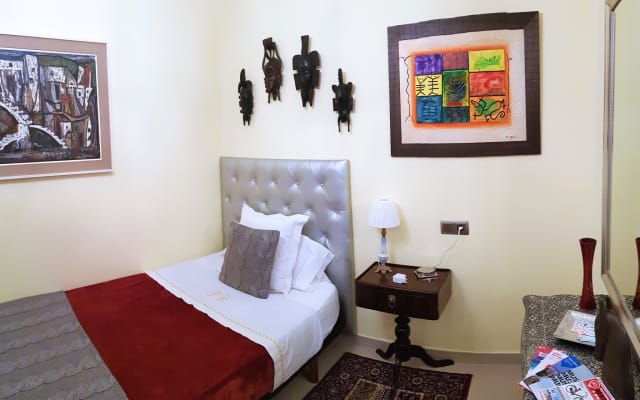

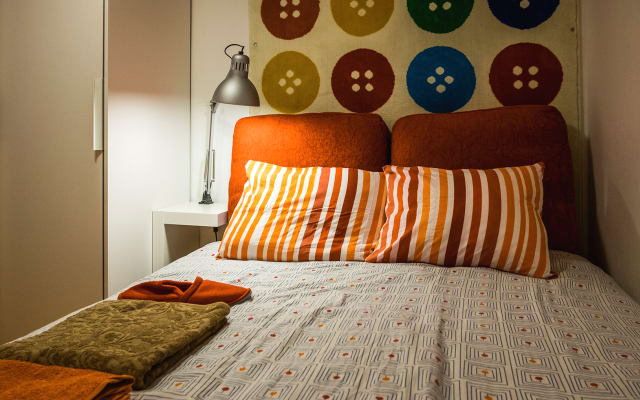





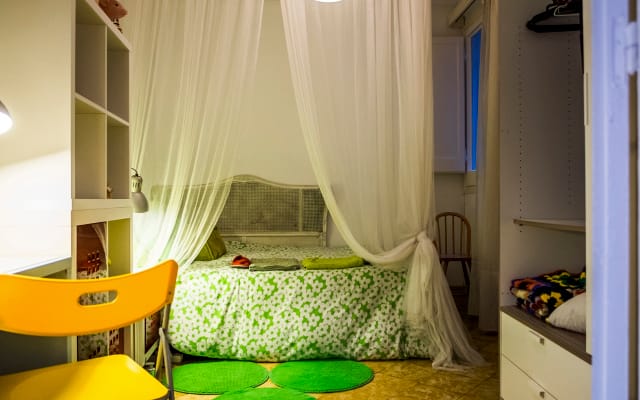









/location_photos/data/13777/original/1600x600-barcelona-1559051407.jpg)
/location_photos/data/13798/original/1600x600-madrid-1559059724.jpg)
/location_photos/data/13796/original/1600x600-sitges-1559059354.jpg)
/location_photos/data/12883/original/barcelona-platabar-1513331348.jpg)
/location_photos/data/12881/original/barcelona-punto-1513331006.jpg)
/location_photos/data/13637/original/capture-20d-e2-80-99e-cc-81cran-202018-12-21-20a-cc-80-2012-1545390965.png)
/location_photos/data/13602/original/23132137-248688382326842-2059543115384369707-n-1540573520.jpg)

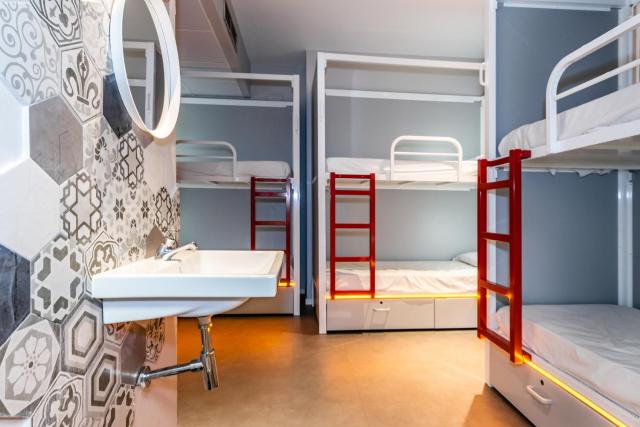




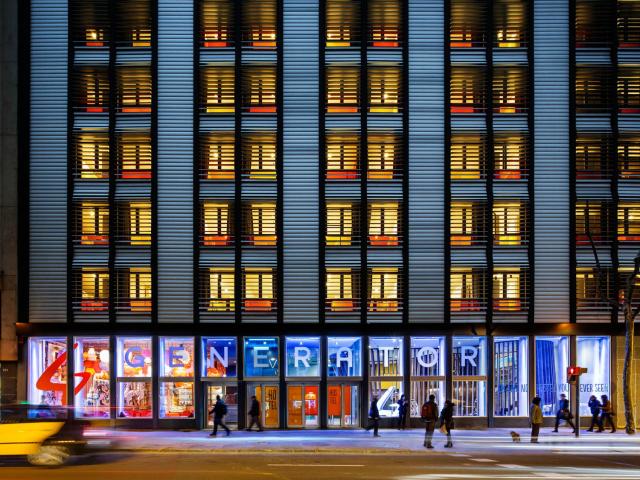

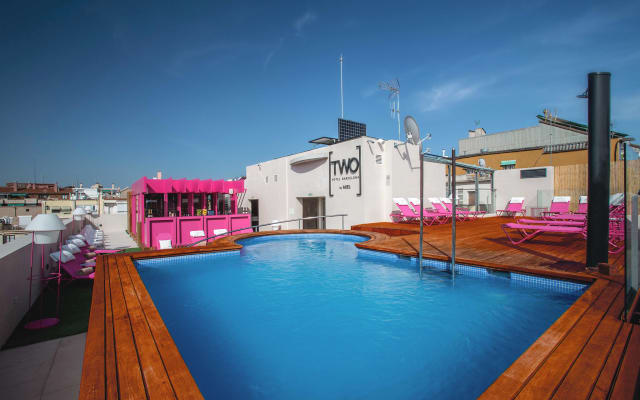



/location_photos/data/7636/original/la-paradeta.jpeg)
/location_photos/data/12328/original/chiringay-1498582001.jpg)
/location_photos/data/164/original/mama-ines.JPG)
/location_photos/data/7584/original/cheese-s-art.jpg)